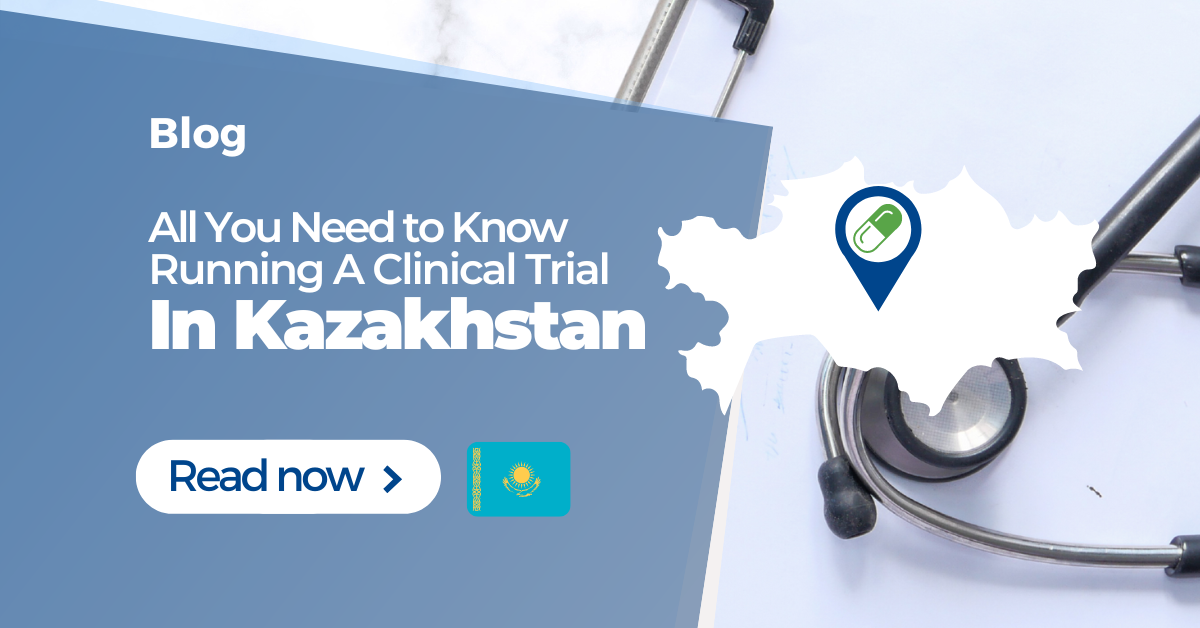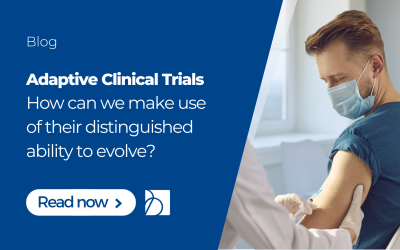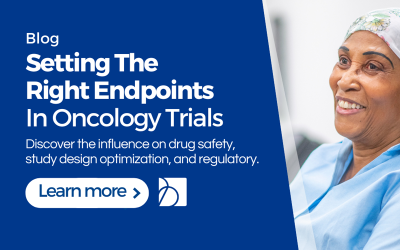Moving Clinical Trials away from Ukraine and Russia
For a long time, Russia, Ukraine and other countries in the Commonwealth of Independent States (CIS) have been the host of ample clinical trials in various therapeutic areas. And for a good reason: countries in the region provide access to large patient populations, good quality, and experienced investigators lead to significantly improved timelines in clinical development. Unfortunately, however, recent developments in the region have resulted in the hindrance of clinical trials in at least Ukraine and Russia.
The imposed sanctions and clinical trial logistics impact is becoming increasingly challenging. However, since sales and manufacturing activities in Russia and Ukraine are limited, the impact on the biotech sector remains limited. In addition, Clinical Trial sites are not expected to remain operational during the conflict, which could have additional far-reaching effects on clinical trials.
About Kazakhstan
Kazakhstan is a country with approximately 19 million inhabitants. Similarly to other “BRIC” countries such as Brazil, China and Russia, the country is considered an upper-middle-income country. Over the last two decades, “BRIC” countries have adopted policies to create a favourable environment for the Clinical Trial industry. As a result, they have established themselves as reliable destinations for clinical trials for pharmaceutical products and medical devices.
Compared to other CIS countries, Kazakhstan hosts a significantly lower amount of industry-sponsored clinical trials than other countries in the region. For example, since October 2017, the number of industry-sponsored trials in Russia, Ukraine and Georgia were 900, 403, and 90, respectively. However, this number was only 20 in Kazakhstan. Given the economic and historical similarities with the BRIC nations, Kazakhstan’s lack of activity in clinical trials deserves an explanation.
Healthcare system in Kazakhstan
Contrary to Georgia, where economic and healthcare reforms have taken place in Georgia as early as the 1990s, large-scale healthcare reforms are still under development in Kazakhstan. While all inhabitants have access to universal healthcare, free healthcare remains limited. The growing private medical sector is starting to meet the unmet need of patients to which the basic universal healthcare is insufficient. There are approximately 100,000 hospital beds among 877 hospitals throughout Kazakhstan, according to 2016 government statistics reports.
Conducting Clinical Trials in Kazakhstan
In March 2010, The Kazakh Ministry of Health published a list of all sites in which conducting clinical trials were allowed. However, only large scientific and medical centres were listed, excluding the private sector for the most part. However, the number of clinical trials in Kazakhstan is growing, and companies such as AbbVie, Bayer, and Merck choosing the country as their destination for clinical trials proves the improved clinical trial environment.
National Competent Health Authority for Clinical Trials.
The governing body overseeing clinical trials in Kazakhstan is the National Center for Expertise of Medicines and Medical Devices and falls under the Ministry of Health. The main activities of the authority:
- Evaluation of drugs, medical devices and medical equipment to determine the compliance of clinical research materials with the established requirements, as well as to decide on the need for clinical research;
- Carrying out pre-clinical (non-clinical) research, as well as bioanalytical part of bioavailability testing;
- Monitoring and annual assessment of the benefit/risk ratio and safety in the circulation of medicines, medical devices and medical equipment, the formation of reference prices within the guaranteed amount of free medical care;
- Preliminary examination of advertising materials for medicines, medical devices and medical equipment;
- Provision of information and consulting services, organization of training events, as well as the publication of a special journal;
- Translation of pharmaceutical and medical terminology, instructions for medical use of medicines, medical devices, packaging models, advertising and other special materials into the state language;
- Evaluation and analysis of documents for the preparation of a draft certificate for pharmaceutical products;
- Assessment of production conditions and quality assurance system, conditions of pre-clinical (non-clinical), clinical research in the bases, assessment of the system of pharmacovigilance of registration certificate holders, monitoring of adverse events (incidents) of manufacturers of medical devices and medicines, medical devices and medical equipment manufacturer certification;
- Rendering and provision of control and analytical services to pharmacies that have the right to prepare drugs with reagents and titrated solutions, as well as laboratory analysis of prepared drugs
Local Regulations for Clinical Trials in Kazakhstan.
- Even though Kazakhstan follows Good Clinical Practice guidelines, it is still good to be up-to-date with local regulations regarding clinical trials in Kazakhstan. The Kazakh government has documented several terms and conditions that must be met for a clinical trial permit issuance. These include documents that you must submit to the National Center for Expertise of Medicines and Medical Devices. Among others, these documents include:
- application for consideration;
- planned clinical trial program;
- personal registration cards, diaries and questionnaires to be completed by researchers;
- research brochure;
- the current version of the researcher’s resume and (or) other materials confirming their qualifications;
- materials used to attract potential clinical trial subjects (including advertising);
- the form of the agreement, notified with a description of the process of its receipt and documentation, as well as other forms containing information for potential subjects of the clinical trial;
- a description of all compensation for participation in the clinical trial for the participants of the clinical trial, including costs and medical care;
- information on the terms of payments and compensation to clinical trial subjects;
- a description of the insurance conditions of the study participants;
- a provision on consent to adhere to the ethical principles set out in the relevant guidelines
There are still many other regulation to keep in mind, such as the exact procedures for registration of clinical trials and the procedures of what is required to be researched in the clinical trials. For this reason, it is advised to have a local contact who is up-to-date with requirements and regulations.
Recent Developments
Kazakhstan has recently adopted new rules on clinical trials for medicines and medical devices, including clinical and laboratory examination of in vitro diagnostic medical devices.
The new Order of the Minister of Healthcare of the Republic of Kazakhstan, dated December 11, 2020, also sets forth the procedures for issuing permission to conduct clinical trials and examinations of pharmaceuticals, medicines, and medical devices. In addition, the new rules describe the approach for clinical trials and examinations for medicines and medical devices, including those intended for in vitro diagnostics.
In some instances, several clinical examinations are required for a medicine or a medical device within the scope of one phase. It is also important to mention that it is allowed to merge the first and second phases in exceptional cases and reduce the timeframes of clinical trials. Provided, of course, that the local manufacturers are developing the medicinal product in question in the context of state scientific research to ensure the country’s safety.



















